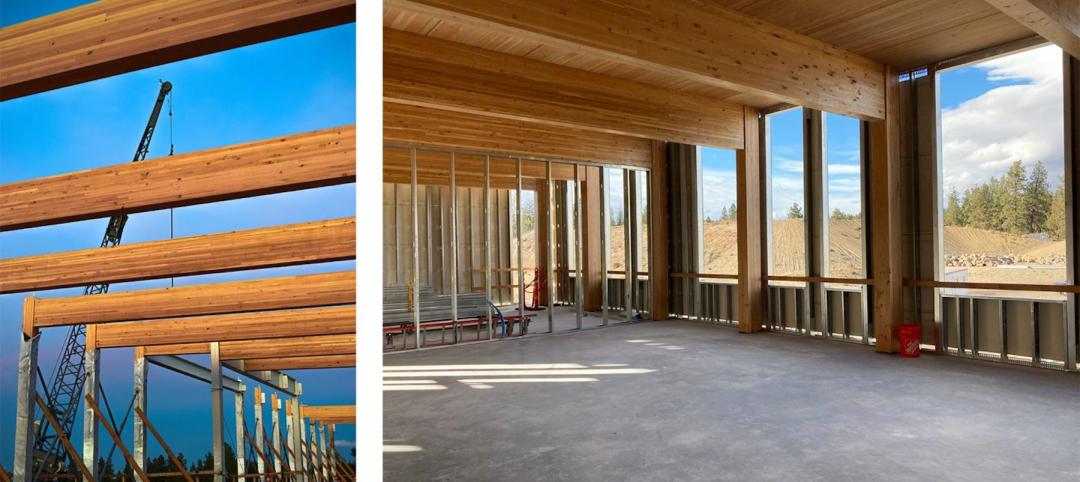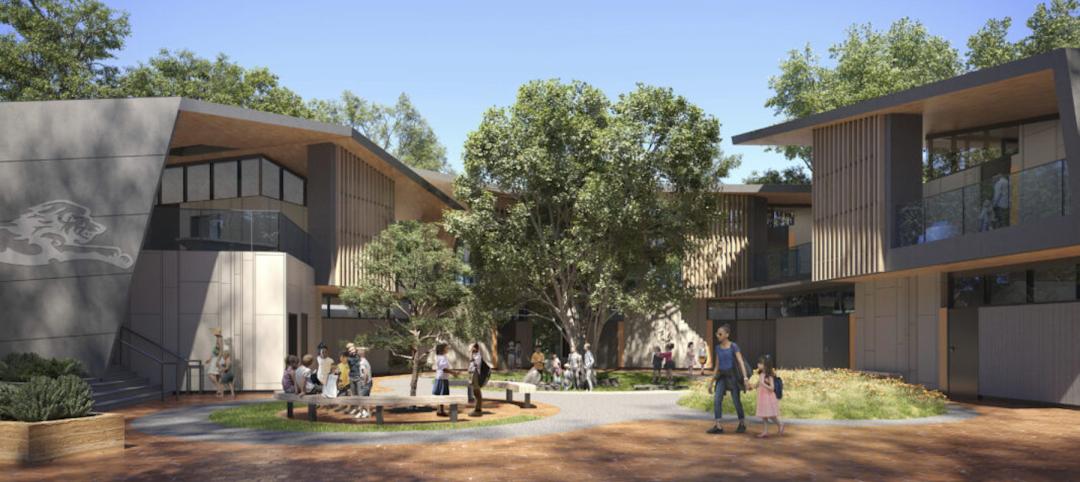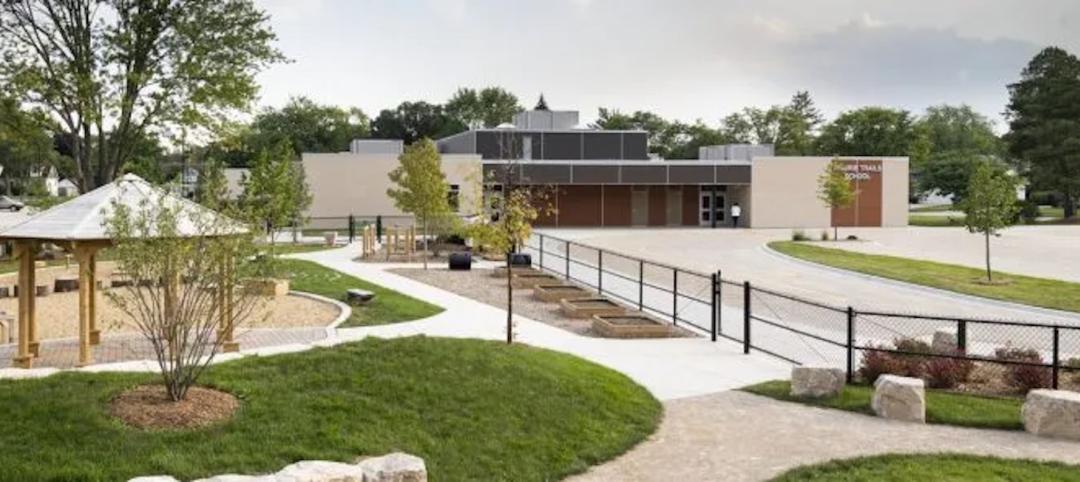The Propane Education & Research Council (PERC) announces the launch of its Propane Heat & Power Incentive Program, a nationwide research initiative designed to encourage adoption of new energy-efficient propane-fueled products by homeowners and business owners.
Participants can receive up to $10,000 toward the purchase of premium generator sets and micro-combined heat and power (micro-CHP) systems in exchange for reporting performance data on equipment to PERC. Businesses and homeowners can apply for up to two qualifying products. Feedback from the program will be used to supplement future product development and research.
“Propane is a clean-burning, American-made fuel that can help business owners and homeowners lower heating and electric bills while potentially increasing the value of their homes or properties,” Bridget Scanlon, director of residential and commercial programs at PERC, said. “The Propane Heat & Power Incentive Program lowers the initial purchase cost on new propane-fueled products, enabling more homes and businesses to experience the advantages of propane.”
The Propane Heat & Power Incentive Program offers $1,500 on the Kohler 6VSG and Generac EcoGen 6 kW generators. Micro-CHP systems, including the Marathon Ecopower and Yanmar CP5WN, qualify for a $5,000 incentive while Yanmar’s CP10WN system qualifies for a $10,000 incentive.
Propane is currently used in over 48 million U.S. households for residential applications and emits fewer greenhouse gas emissions than conventional home heating fuels and electricity. In 2009, almost 75 percent of propane sold was for residential or commercial uses.
To learn more about the Propane Heat & Power Incentive Program, qualifying products, or to apply, visit buildwithpropane.com/heatandpower.
Related Stories
Hotel Facilities | Aug 12, 2022
Denver builds the nation’s first carbon-positive hotel
Touted as the nation’s first carbon-positive hotel, Populus recently broke ground in downtown Denver.
Energy Efficiency | Aug 11, 2022
Commercial Energy Efficiency: Finally “In-the-Money!”
By now, many business leaders are out in front of policymakers on prioritizing the energy transition.
| Aug 8, 2022
Mass timber and net zero design for higher education and lab buildings
When sourced from sustainably managed forests, the use of wood as a replacement for concrete and steel on larger scale construction projects has myriad economic and environmental benefits that have been thoroughly outlined in everything from academic journals to the pages of Newsweek.
Legislation | Aug 5, 2022
D.C. City Council moves to require net-zero construction by 2026
The Washington, D.C. City Council unanimously passed legislation that would require all new buildings and substantial renovations in D.C. to be net-zero construction by 2026.
Sponsored | | Aug 4, 2022
Brighter vistas: Next-gen tools drive sustainability toward net zero line
New technologies, innovations, and tools are opening doors for building teams interested in better and more socially responsible design.
Sustainability | Aug 4, 2022
To reduce disease and fight climate change, design buildings that breathe
Healthy air quality in buildings improves cognitive function and combats the spread of disease, but its implications for carbon reduction are perhaps the most important benefit.
K-12 Schools | Aug 1, 2022
Achieving a net-zero K-12 facility is a team effort
Designing a net-zero energy building is always a challenge, but renovating an existing school and applying for grants to make the project happen is another challenge entirely.
Codes and Standards | Jul 29, 2022
Few projects and properties are being built beyond code
Clients and architects disagree on how well building to code provides resilience, according to a recent report by the American Institute of Architects (AIA) in partnership with Owens Corning.
Green | Jul 26, 2022
Climate tech startup BlocPower looks to electrify, decarbonize the nation's buildings
The New York-based climate technology company electrifies and decarbonizes buildings—more than 1,200 of them so far.
Energy-Efficient Design | Jul 19, 2022
All is not lost: 3 ways architects can respond to the Supreme Court’s EPA ruling
The U.S. Supreme Court’s ruling to limit the Environmental Protection Agency’s power to regulate greenhouse gas (GHG) emissions from power plants dealt a significant blow to our ability to fight the climate crisis with federal policy.

















